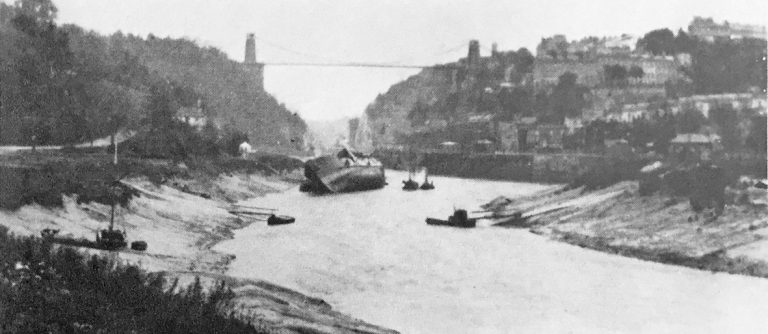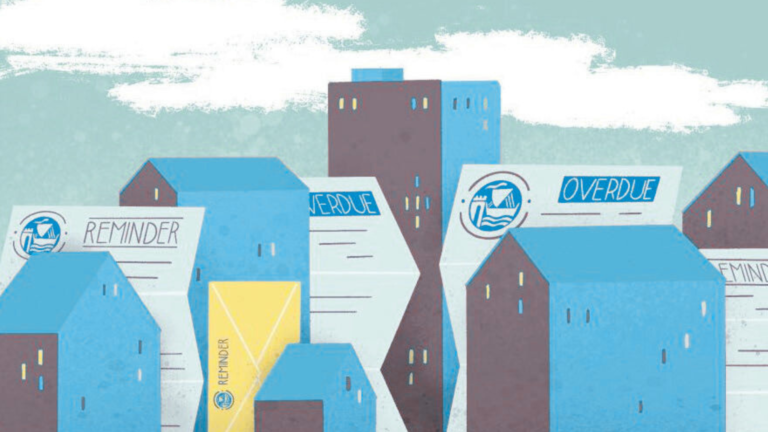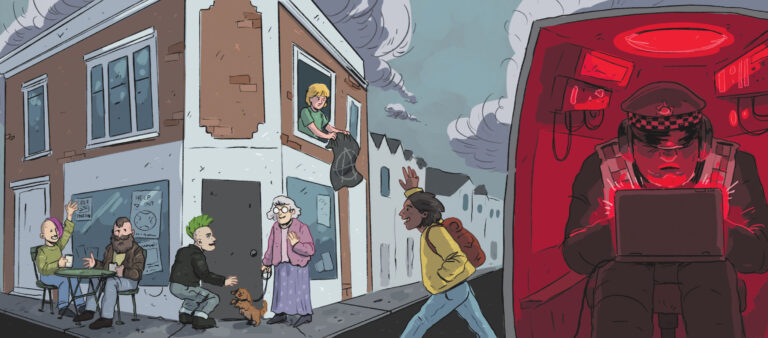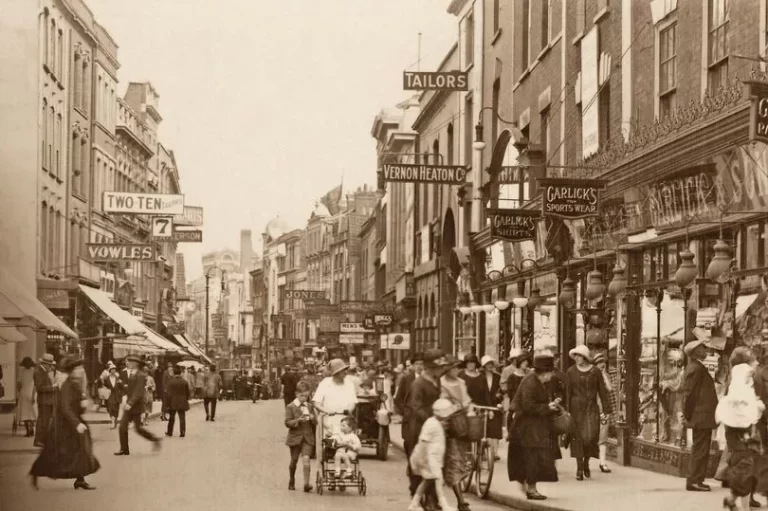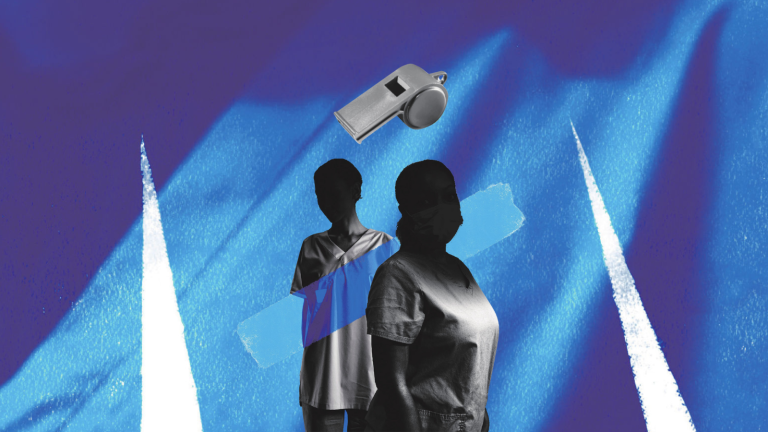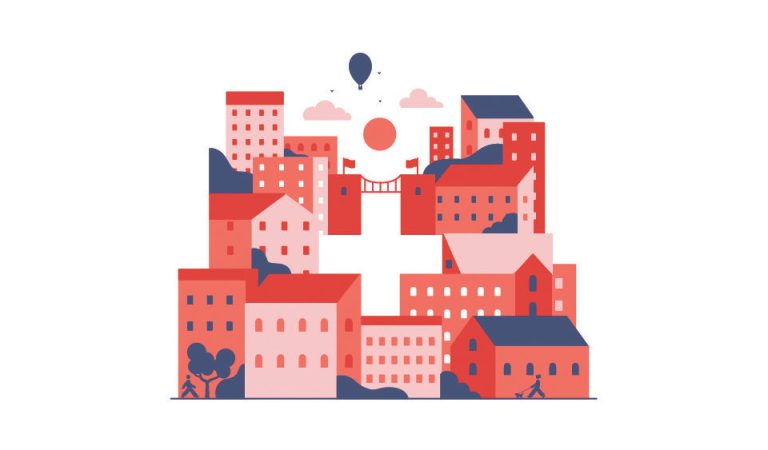‘South Bristol’s BS13 is stuck in a poverty trap. Let’s end this scandal together.’
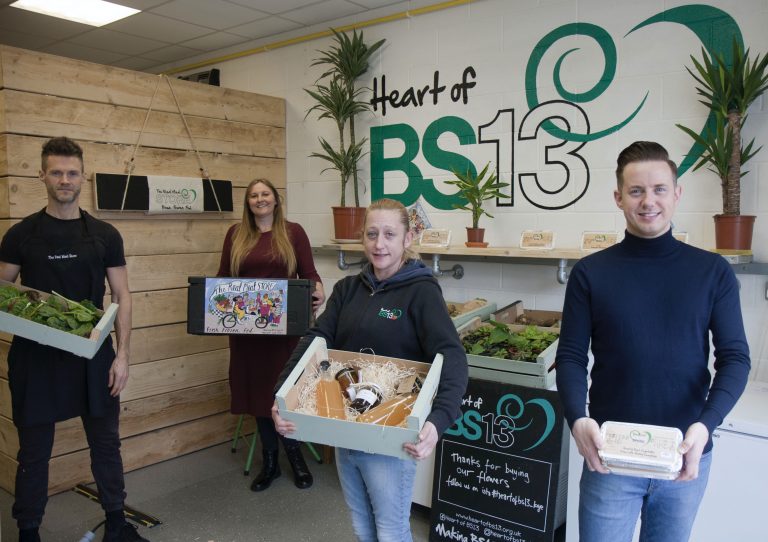
Photo: Provided by Heart of BS13
Heart of BS13 was established in 1990 to address the challenges and barriers faced by South Bristol’s BS13 community to improving their physical and mental health. Our focus is on the intersection between employment, health and environmental justice, and we have recently launched two new social enterprises that support our work.
Even before the pandemic, things were tough for people in the area. Located on the periphery of Bristol, successive generations have watched while other neighbourhoods across town have bloomed. Yet the kind of investment and ambition needed to propel BS13 towards the same opportunities as the rest of the city just hasn’t happened here.
The English Indices of Deprivation places BS13 in the 10% most deprived areas of the country. It is not an area of opportunity. Only 2% of young people will go into higher education, and most will work in low-skill, low-pay sectors on zero-hour contracts, making it virtually impossible to escape the trans-generational poverty that traps so many families. People often describe feeling stigmatised by the postcode and frustrated by the lack of opportunities for their children. It is a shocking fact that the average life expectancy for men in BS13 is 14 years less than for their counterparts in more affluent parts of the city.
“Creating the conditions for large, faceless corporates to come to areas of deprivation and exploit people is cynical and politically lazy”
While we could generate a lengthy list of social justice issues that, if addressed effectively, would level BS13 up to the rest of the city, we are choosing to focus on three that, with political will and imagination over the coming years, would catalyse significant change in the area.
The first is the chronic lack of affordable and useful public transport in the area. Isolated from the rest of the city in geographic terms and by the large, busy ring-road that surrounds it, BS13 has been cut off by poorly thought through infrastructure and exorbitant public transport costs. It is expensive and logistically difficult for people here to travel across Bristol for work, education or leisure opportunities.
Good public transport is the key to seeking wider opportunities across the city, and it needs to be high up the agenda. Elected representatives who are serious about tackling inequality AND the reduction of carbon emissions, will need to think long-term and creatively, especially if we are to get young people from BS13 mobile and integrated with the rest of the city.
The second is investment in vocational training and enterprise. At Heart of BS13 we know that people become healthier when education, training and work opportunities exist. Long term unemployment, in-work poverty and financial insecurity take a massive toll on both physical and mental health. It’s almost impossible to find meaningful and stimulating vocational training when unemployment and under-employment has undermined confidence and stripped away skills. Trickle-down economics doesn’t work. Creating the conditions for large, faceless corporates to come to areas of deprivation and exploit people is cynical and politically lazy. Look at some of the amazing social enterprises and small businesses that exist in BS13 and back us. The model that we bring to the market is about values, creating goods and services with integrity, and investing in people and the environment.
The third is the food crisis in BS13, and believe us when we say that it predates Covid. We’re sick of hearing how, if families grow their own veg and cook it from scratch, it will make them more food resilient. It’s patronising and doesn’t account for the myriad of challenges and inequalities faced by households in areas of social and financial deprivation. During the pandemic, we have delivered over 30,000 meals to hundreds of families so that they can be fed well and have one less thing to worry about. All these households (for both reasons above and more) struggle with financial insecurity. The politics of hunger in 21st century Britain is a scandal and must be addressed at a systemic level by challenging low wages, inadequate benefits and expensive utilities.
So once the door-knocking and hustings are done, let’s see who comes to visit us and what kind of grit and determination they bring with them. There’s lots of work to be done in BS13. We’re getting on with it – will you?

